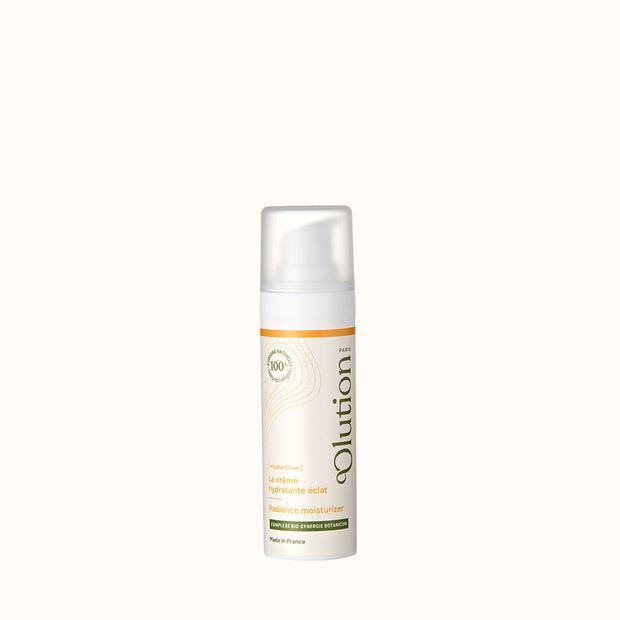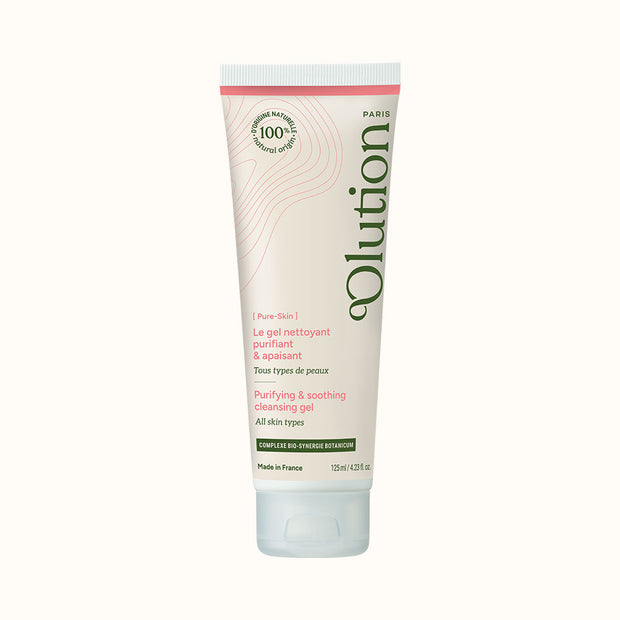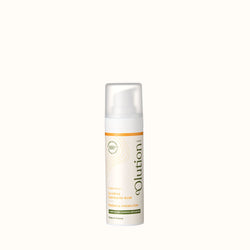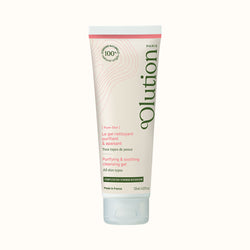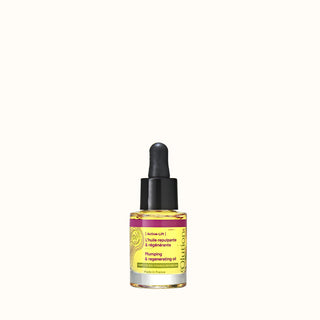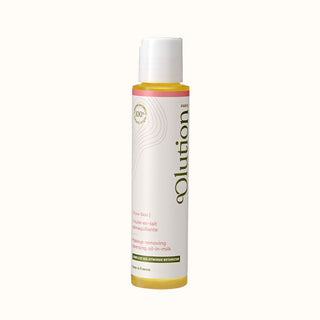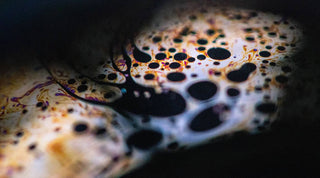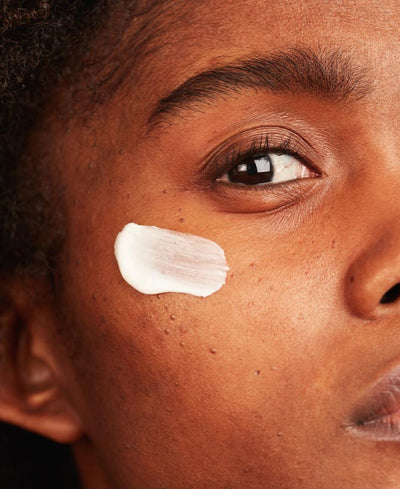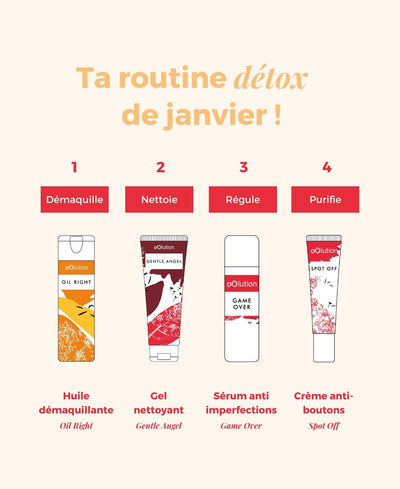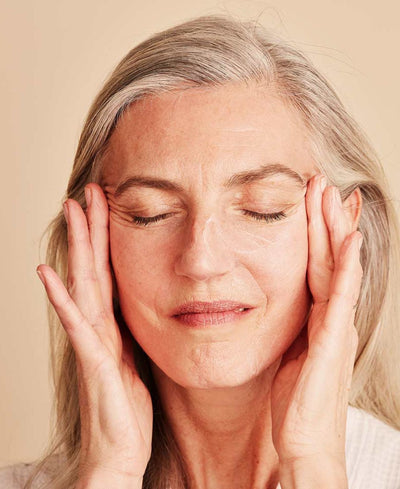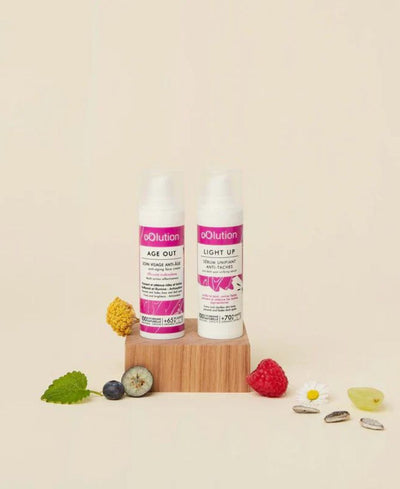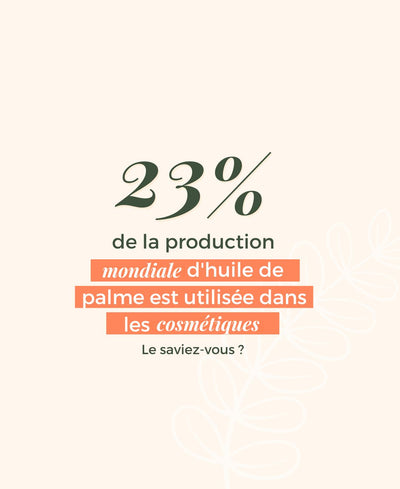In the absence of studies on the effects of hydrogenated oils, we can't say that they are bad for the skin. We have seen, however, that these oils have a truly harmful effect on the body, as they promote inflammation. As a precaution, we at oOlution therefore exclude hydrogenated oils from all our formulas!
What's more, as far as we're concerned, they have no place in cosmetics because they're useless to the skin. What's more, along with mineral and esterified oils, they are considered as filler ingredients that serve no other purpose than to reduce the cost of formulas...
Instead, in oOlution formulas, we use ONLY pure plant oils, because they have multiple virtues for the skin. All our vegetable oils are organically grown or sustainably harvested, and obtained exclusively by first cold pressing. They all have different virtues: nourishing, protective, repairing, plumping - some even play a soothing role.
In a word: mineral, esterified or hydrogenated oils, get lost!!! Viva la calidad! Long live organic vegetable oils:)
